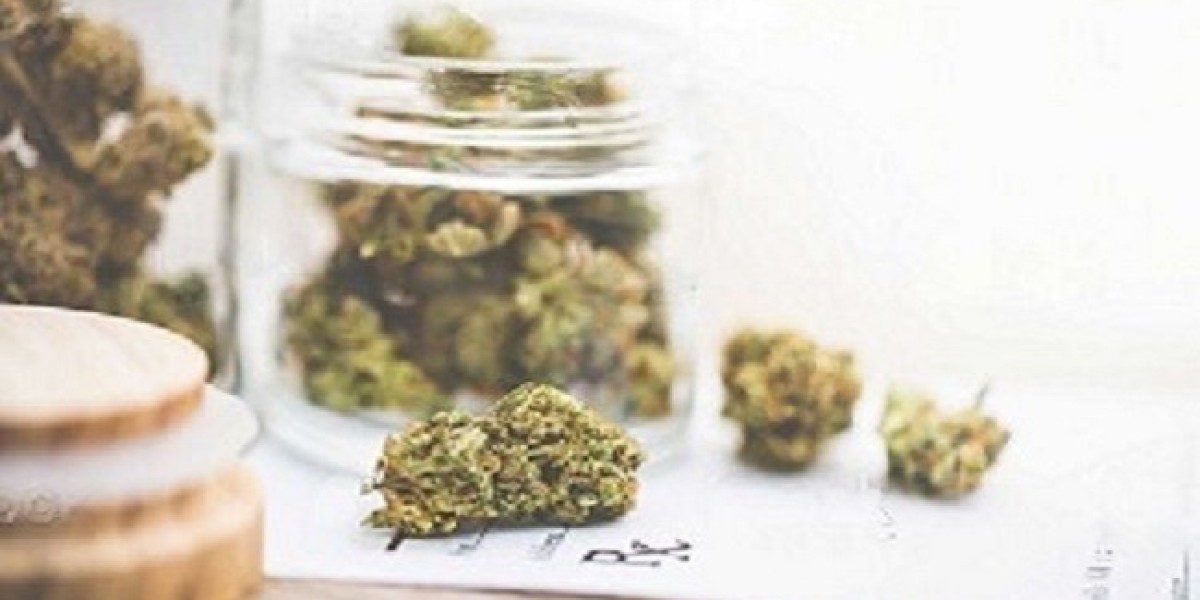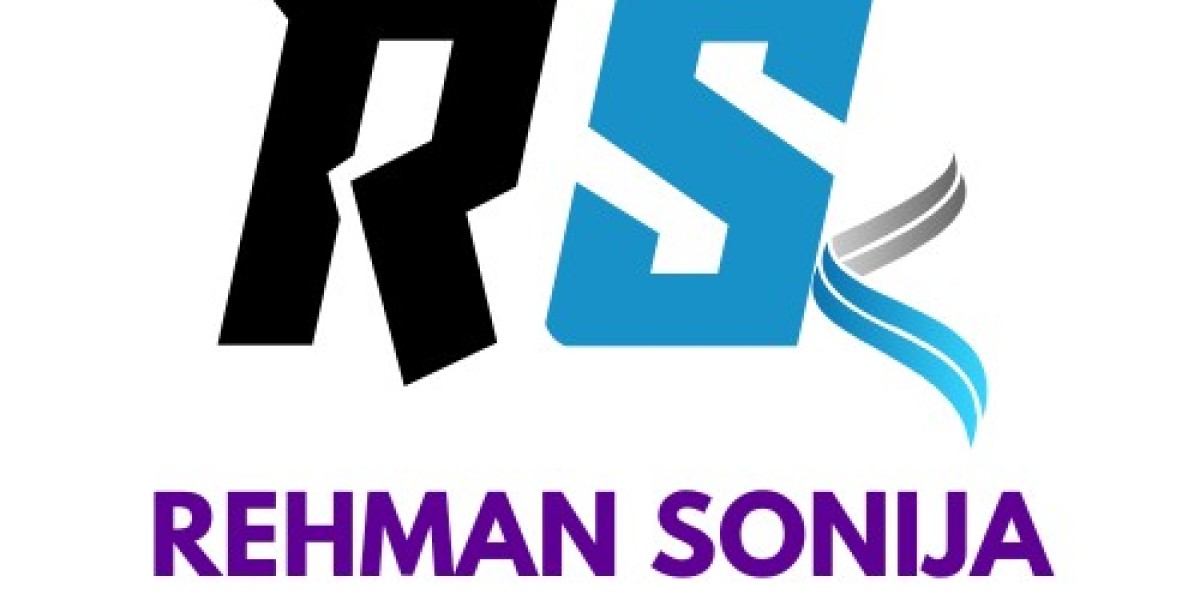The cannabis industry has experienced explosive growth in recent years, with dispensaries popping up in cities and towns across North America. Among the rapidly emerging trends in this sector is the rise of Native reserve dispensaries. Operated on Indigenous lands, these dispensaries are not just another player in the market; they represent a distinct and important part of the evolving cannabis landscape. Offering a blend of cultural heritage, legal autonomy, and unique products, Native reserve dispensaries are shaping the future of cannabis retail.
1. A Unique Legal Landscape
One of the most significant factors contributing to the rise of Native reserve dispensaries is their unique legal status. Indigenous reserves in both Canada and the United States enjoy a degree of sovereignty, allowing them to create and enforce their own regulations regarding cannabis sales. While state and provincial laws govern most cannabis dispensaries, Native reserves can establish their own frameworks for cultivation, production, and distribution of cannabis products.
a. Regulatory Autonomy
This regulatory autonomy allows Native reserve dispensaries to offer products that might not be available at off-reserve retailers. For example, in some cases, these dispensaries can avoid certain taxes or restrictions imposed by federal or provincial governments. This can result in lower prices for consumers or a wider variety of products, making them an attractive option for cannabis buyers.
b. Navigating Provincial and Federal Regulations
However, the legal landscape is not without challenges. Native reserve dispensaries must navigate a complex web of provincial, federal, and Indigenous laws. In some areas, tensions have arisen between Indigenous communities and federal or provincial authorities over cannabis regulations. Despite these challenges, many Native communities have successfully carved out a place for themselves in the cannabis market, often working to bridge gaps between Indigenous sovereignty and broader governmental regulations.
2. Cultural Significance and Indigenous Empowerment
Native reserve dispensaries are not just about selling cannabis—they are deeply tied to the cultural and economic empowerment of Indigenous communities. For many Indigenous peoples, cannabis has been used for medicinal and spiritual purposes for generations. This connection to natural healing aligns with the broader ethos of cannabis as a plant that promotes wellness and balance.
a. Supporting Indigenous Economies
The cannabis industry offers an important economic opportunity for Indigenous communities, many of which have historically been marginalized or excluded from mainstream economic activities. By establishing dispensaries on their lands, Native communities can generate revenue, create jobs, and foster local economic growth. This new wave of economic empowerment is helping to sustain communities, improve infrastructure, and support vital services such as healthcare and education.
b. Promoting Traditional Healing Practices
In addition to economic empowerment, many Native reserve dispensaries incorporate traditional Indigenous healing practices into their business models. Cannabis is often framed as a natural, holistic treatment, reflecting its historical use in Indigenous medicine. By offering products that align with these values—such as organic, pesticide-free, or sustainably grown cannabis—Native reserve dispensaries differentiate themselves from conventional retailers.
3. Unique Product Offerings and Artisanal Quality
One of the main draws of Native reserve dispensaries is their focus on high-quality, unique cannabis products. These dispensaries often emphasize artisanal cultivation practices, using organic and sustainable farming methods that produce clean, potent cannabis. This commitment to quality is a hallmark of Native reserve dispensaries, attracting cannabis consumers who prioritize health-conscious, natural products.
a. Exclusive Strains and Custom Products
Many Native reserve dispensaries offer exclusive strains of cannabis that are not available at traditional dispensaries. These strains may be cultivated on reserve lands using methods passed down through generations, offering a unique and potent experience for consumers. In addition to exclusive strains, some dispensaries create custom products such as edibles, tinctures, or topicals that are infused with traditional herbs or other natural ingredients.
b. Organic and Sustainable Practices
Sustainability is often at the forefront of Native reserve dispensaries. Many Indigenous communities have long practiced land stewardship and sustainability, values that translate directly into how they grow and produce cannabis. By focusing on organic cultivation and sustainable business practices, these dispensaries offer an ethical alternative to mass-produced cannabis products that are often grown using synthetic fertilizers and pesticides.
4. A Community-Oriented Shopping Experience
Visiting a Native reserve dispensary is more than just a shopping trip—it’s an experience. Many of these dispensaries are community-oriented and place a strong emphasis on education, customer service, and cultural engagement. This focus creates a welcoming environment for both seasoned cannabis users and newcomers alike.
a. Educational Focus
Many Native reserve dispensaries offer educational resources for consumers, from information about the medicinal uses of cannabis to guidance on different strains and consumption methods. This educational approach helps demystify cannabis for new users, making it easier for them to find products that suit their needs. In addition, the cultural significance of cannabis in Indigenous traditions is often highlighted, offering consumers a deeper understanding of the plant's role in traditional medicine.
b. Personalized Customer Service
Customer service is a top priority at many Native reserve dispensaries. Staff members are often well-trained in the benefits and effects of different cannabis strains, allowing them to offer personalized recommendations to shoppers. Whether you’re looking for a product to help with pain relief, anxiety, or simply recreational enjoyment, the staff at these dispensaries are equipped to help you make an informed choice.
5. Tax Advantages and Competitive Pricing
Another major appeal of Native reserve dispensaries is the potential for lower prices due to tax exemptions. Depending on the location and local regulations, consumers may be able to purchase cannabis products without the added burden of state or federal taxes. This can lead to significant savings, especially for frequent cannabis users or those purchasing in larger quantities.
a. Tax Exemptions
In some cases, Native reserve dispensaries are exempt from certain taxes that off-reserve dispensaries must charge. This can result in more competitive pricing for consumers, especially in jurisdictions where cannabis taxes are particularly high. These cost savings make Native reserve dispensaries an attractive option for price-conscious consumers.
b. Affordability Meets Quality
Despite the lower prices, Native reserve dispensaries do not compromise on quality. Consumers can expect high-quality, well-curated products that often rival or surpass what is available at traditional dispensaries. The combination of affordability and artisanal quality makes these dispensaries a standout choice for many cannabis users.
6. Conclusion
The rise of Native reserve dispensaries in the cannabis market represents a powerful convergence of cultural heritage, legal autonomy, and economic empowerment. These dispensaries are not only providing unique, high-quality products but also fostering sustainable growth within Indigenous communities. For cannabis consumers, shopping at Native reserve dispensaries offers a blend of affordability, exclusivity, and an immersive cultural experience.
As the cannabis industry continues to evolve, Native reserve dispensaries are poised to play an increasingly important role, shaping the future of cannabis retail with their commitment to quality, sustainability, and community. Whether you’re a first-time cannabis user or a seasoned enthusiast, visiting a Native reserve dispensary offers an opportunity to explore a different side of the cannabis world—one that is rich in tradition, respect for the land, and dedication to consumer well-being.








